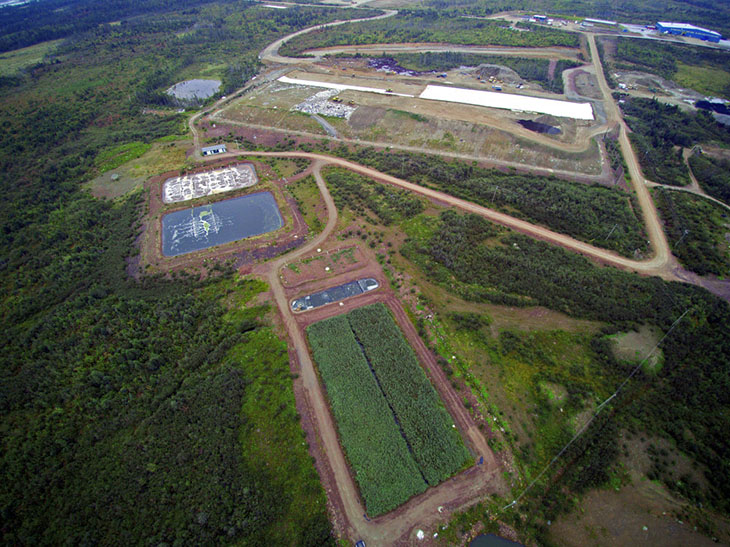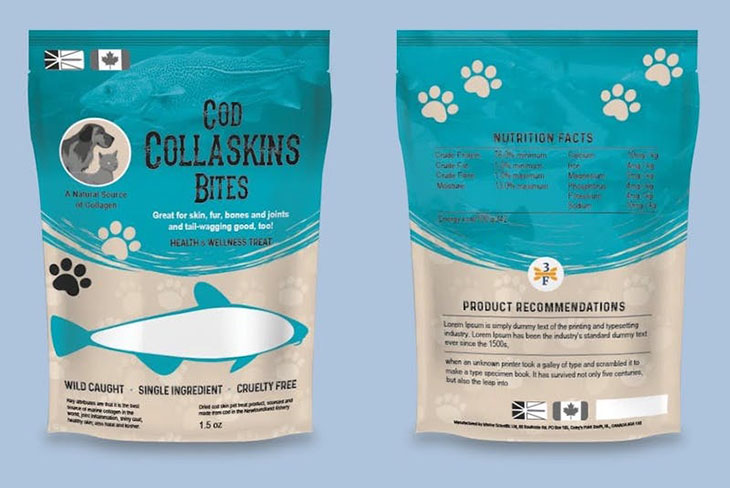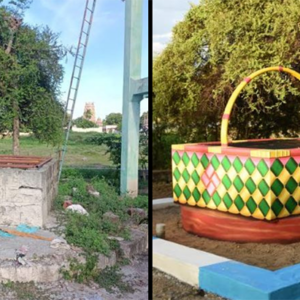
Landfills have been used to store garbage, but for the trash, it sometimes takes decades before these fully decompose. What happens when these areas are already filled with garbage? Oftentimes, people look for new places.
Over time, landfills are often unable to accommodate the garbage. Instead of letting trash go to waste, Newfoundland has found a way to recycle farming waste. They have come up with products that people can really use.
Something has to be said about the scantily populated communities that reside in Newfoundland. They have created a landfill for the future. While trash is segregated and choses for most landfills, they make sure that every molecule present in the area is accounted for and reused here. They have managed to grow their portfolio of circularly produced goods that make use of waste found in their forests, farms, and fisheries.
For everyday folk this area is nothing but your run-of-the-mill landfill. There’s nothing spectacular about it. They can go to the area and dump as much biological waste as they produce from their daily operations. They don’t need to worry much about it after that. They just drive off and continue living their lives.
For investors, consumers, and the rest of the world, on the other hand, there’s more to the landfill than meets the eye because 3F Waste Recovery is something out of the ordinary. In fact, it’s so extraordinary that it’s always worth mentioning every chance possible.
“3F is founded on the principle that every molecule that comes through our door, we want to have an application for it,” Founder Ben Wiper said when he spoke to Hakai Magazine. He continued, “My vision is the landfill of the future—where producers can take anything they haven’t processed, to break it down into a form that has a function.”
Credit must be given to science as the experts have managed to move everyone into an increasingly molecularized world. Proof can be seen everywhere. Nowadays, you hear businesses harp about things such as protein or CO2. They treat these as assets, expenditures, or cash flow.
When a company has managed to get their hands on the latest form of technology that is able to turn practically all kinds of biological waste into valuable consumer products, then it’s truly vital to account for everything. They take note of every single unit of lignin not burned from a tree. That’s because this means that they have one more unit of lignin needed from a tree that remains standing in the forest. The same goes for every unit of cod skin. When these are placed in a landfill, this means that they have one more unit of it needed from a live cod.
Turning Guts to Gold

The island is a trove of natural refuse and 3F makes cod skin marine collagen supplements, processed treats for cod pets, fish compost rich in nitrogen, processed cod cosmetic compounds, raw tallow that come from moose, cow, and sheep for candle and soap making, sheep wool insulation, sheep wool used to stuff duvets and beds, sheep wool or cardboard slug repellent for greens, moose tallow soaps, smoked moose pet treats, moose and cow bone pet treats, and lanolin wool wax water repellent and lubricant.
Newfoundland has their forestry sector as well. This is where wood pellets for grills and wood briquettes for charcoal grills come from. The former is made from a blend of sawdust and cardboard. With its inception began their first ever cardboard recycling program. In fact, in 2021, the company had successfully launched six new product lines.
They won’t stop there. The company still has a vision of expanding their list of products and materials that come from different byproducts. Right now, 3F enjoys is backed by dozens of scientists and other collaborators that hail from different academic and private sectors.
The company has been placed in a special feature in Hakai. This was where its founder, Ben Wiper, elaborates on how he was convinced by investors to shift his focus on a few products first. He declined their advice and said that unless he could act as landfill, suppliers wouldn’t make use of his services. So, he changed the story for his script and encouraged the different investors to back aspects of the operation that garnered their interest. They were asked to choose among a list of pet treats, wool products, pharmaceuticals, and many other products he was going to produce.
A collaborative report has been made and this was led by Smart Prosperity Institute, a thinktank embedded in the University of Ottawa. This was when 3F was identified among 200 circular economy startups as one of the most promising. The company is now in the process of closing a multi-million dollar deal for its line of various pet treats. This move will allow them to add 40 more rural full-time jobs in Newfoundland. This will also probably maybe allow Wiper and the other higher-ups in the company to work on collecting the raw materials themselves. They can finally get help in collecting the cod heads, sheep wool, sawdust, and composted animals.
What are your thoughts? Please comment below and share this news!
True Activist / Report a typo


